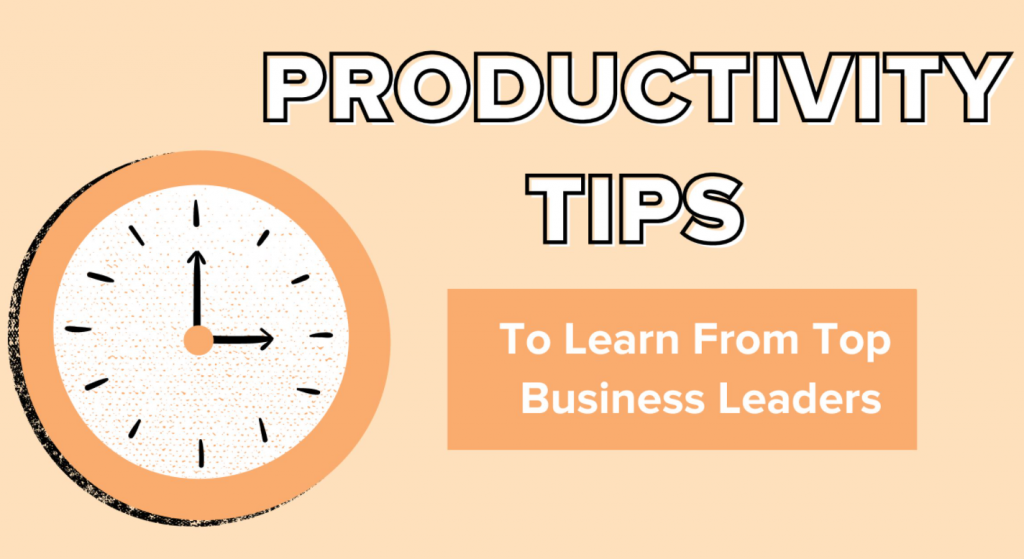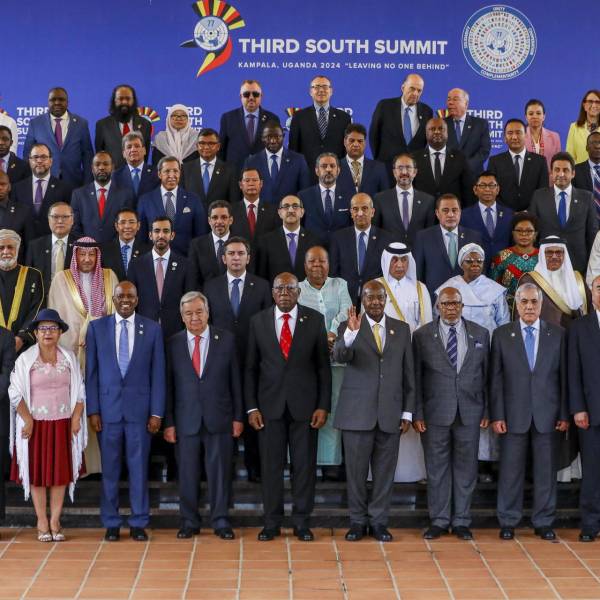6 Tips To Help You Increase Your Productivity At Work

Most of us aren’t as productive at work as we want to because we usually have bad habits that interfere with our productivity at work and instead of being productive, we are usually involved in activities that hamper our productivity at the workplace. Most people want to get productive at work and replace their bad habits with good ones, however, it isn’t an easy thing to do. We are here with some tips that will help you to increase your productivity and become more productive at work:
1. Prepare A To-Do List
Preparing a To-Do List every night before going to bed can improve your productivity a lot at work because you will have everything organized and planned out. To-Do Lists are invaluable assets that can improve your productivity. You get organized, you get to know about the things that you have to accomplish the next morning. When you have everything sorted out what you will have to do the next day then it will be easy to do those tasks and things.
2. Get Enough Sleep
If you want to improve your productivity at work then getting enough sleep is very important. If you are not getting enough sleep then it will be difficult for you to go through long work hours and do all the tasks.
Sleep deprivation is known to have negative effects on performance and lack of sleep has several negative effects on our health including a decrease in concentrating ability, hampering our working memory, logical reasoning, and mathematical capacity.
One of the very important areas of our brain, the prefrontal cortex that is involved in a lot of motor activity especially in logical and complex reason tasks. The prefrontal cortex is vulnerable to lack of sleep and it can seriously hamper your productivity at work.
3. Don’t Skip Work Breaks
Skipping breaks at work is not the thing that you want to do. One thing that most people try to do in order to cram more work is skipping work breaks but these work breaks are very important and skipping them can reduce your level of productivity. When you take a break then you get a few moments to yourself to wander, to think, to relax, and when you use those breaks to relax by playing different mind relaxing and stress buster games such as Klondike Solitaire can help a lot.
During those breaks, you can also take a meal or snack or get involved in other activities such as exercise that can be beneficial for both your physical and mental health. As mentioned, never skip work breaks and try to do something during those breaks that will refresh your mind such as playing Solitaire, talking with a colleague, or going for a walk, which can help a lot to increase productivity.
4. Tackle The Hardest Tasks Early
Tackling the hardest tasks early in the day can significantly improve your productivity. In the early part of the day, you are the freshest and you can tackle any tasks, especially the hard ones very easily. Plus, once you are done with big obstacles and difficult tasks, the whole day seems easy and more manageable.
This is a habit of successful people from all over the world, they have made it a habit of tackling the most difficult and toughest tasks of the day first and then managing the rest. Just imagine how easier your day would be if you had managed all the difficult tasks till the afternoon, your whole day would go on well and your productivity would increase.
5. Prioritize Tasks
If you want to get productive then you gotta learn prioritizing tasks, focusing on tasks, and things that will produce noticeable results. Most people who complain about their productivity and are usually pointed out at work regarding their productivity are usually those who spend their time on non-essential tasks that don’t produce any noticeable result.
To improve your productivity significantly, focus on things that matter for your company. For instance, instead of answering 100 emails, you should create a report or do some fieldwork that would be productive for you and your company.
6. Avoid Multitasking
Some people believe that they are efficient and productive when they are involved in multiple tasks but studies have shown that people who are involved in multiple tasks at the same time or are ‘multitaskers’ are less efficient. Our brains have difficulty switching between unrelated tasks and when we try to do so then we are never fully focused on any single task, which makes us vulnerable to making errors on every one of them.

“Evil coffee nerd. Analyst. Incurable bacon practitioner. Total twitter fan. Typical food aficionado.”











